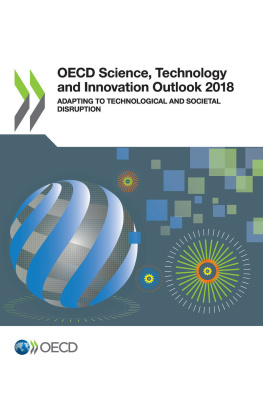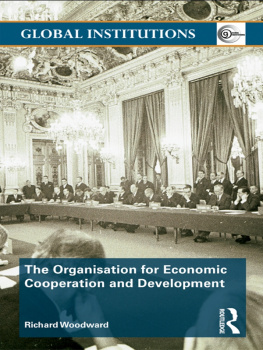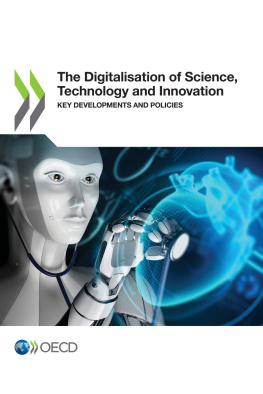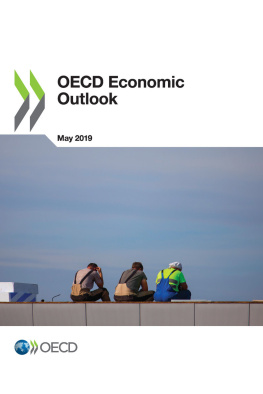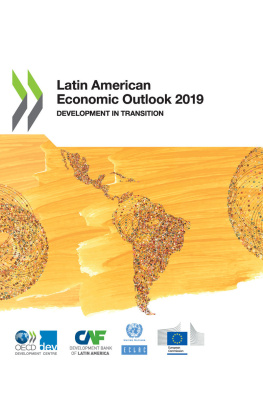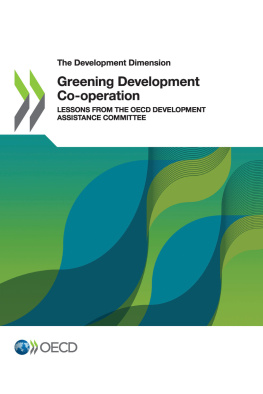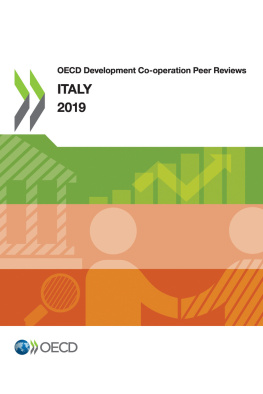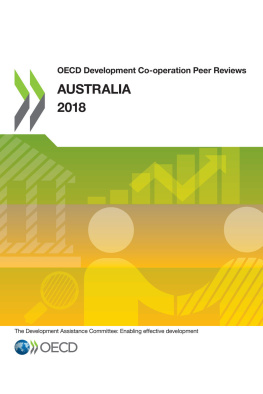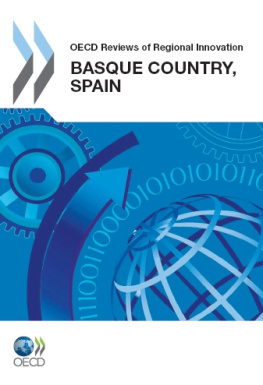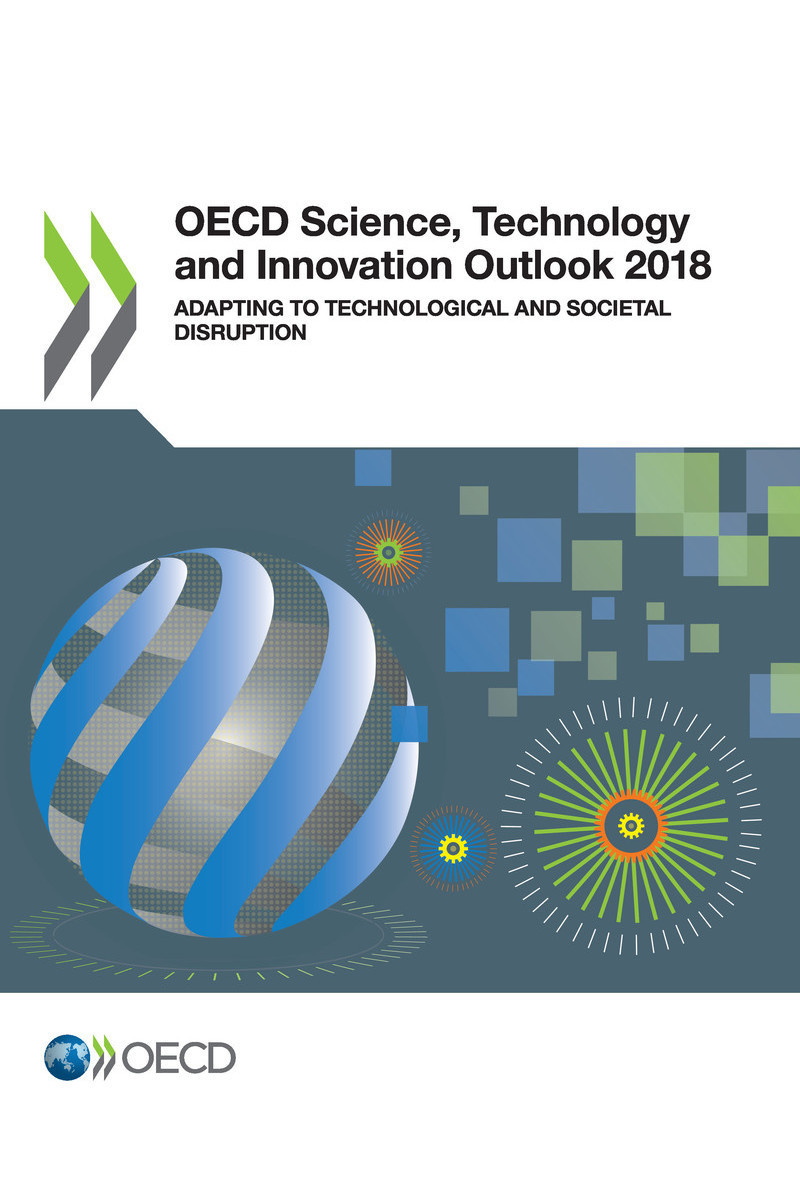Metadata, Legal and Rights
ISBN: 978-92-64-30756-8 (print) - 978-92-64-30757-5 (pdf) - 978-92-64-31076-6 (HTML) - 978-92-64-31075-9 (epub)
DOI: https://doi.org/10.1787/sti_in_outlook-2018-en
OECD Science, Technology and Innovation Outlook
ISSN: 2518-6272 (print) - 2518-6167 (online)
This work is published under the responsibility of the Secretary-General of the OECD. The opinions expressed and arguments employed herein do not necessarily reflect the official views of OECD member countries.
This document, as well as any data and any map included herein, are without prejudice to the status of or sovereignty over any territory, to the delimitation of international frontiers and boundaries and to the name of any territory, city or area.
The statistical data for Israel are supplied by and under the responsibility of the relevant Israeli authorities. The use of such data by the OECD is without prejudice to the status of the Golan Heights, East Jerusalem and Israeli settlements in the West Bank under the terms of international law.
Revised version, July 2019
Details of revisions available at: http://www.oecd.org/about/publishing/Corrigendum_OECDScienceTechnologyInnovationOutlook2018.pdf
Photo credits: Cover Sylvain Fraccola
Corrigenda to OECD publications may be found on line at: www.oecd.org/about/publishing/corrigenda.htm .
OECD 2018
You can copy, download or print OECD content for your own use, and you can include excerpts from OECD publications, databases and multimedia products in your own documents, presentations, blogs, websites and teaching materials, provided that suitable acknowledgement of OECD as source and copyright owner is given. All requests for public or commercial use and translation rights should be submitted to .
Preface
Innovation enables countries to be more competitive, more adaptable to change and to support higher living standards. It provides the foundation for new businesses and new jobs and helps address pressing social and global challenges, such as health, climate change, and food and energy security.
While the opportunities for innovation are immense, they are not automatic. New realities are reshaping innovation, and policymakers should reflect on whether science, technology and innovation (STI) policies remain fit for purpose in driving sustainable growth and supporting societal well-being. The 2018 edition of the OECD Science, Technology and Innovation Outlook aims to help countries understand how the disruptive trends and issues we see are affecting our science practices, technology developments, innovation processes and STI policies.
A number of game-changers stand out, notably the rise of artificial intelligence (AI), accompanied by an unprecedented growth in data, and the fast expanding role of economies, such as China, that are leading developments in some emerging technologies. AI holds the potential for revolutionising the scientific process and new poles of STI activity are taking root, opening up new opportunities for countries to benefit from science and innovation. At the same time, issues of privacy, digital security, safety, transparency and competition have all risen up the policy agenda, defying quick solutions and demanding new and coordinated policy responses.
There are also growing demands on innovation, not only to support growth and job creation, but also to address a wide range of social and global challenges that are reflected in the Sustainable Development Goals (SDGs). The focus on the SDGs highlights the importance of linking innovation more closely to peoples needs. In this respect, the digital transformation can also help to engage more people in innovation democratise it, even and make it more inclusive. Yet today, too few research and innovation funding programmes are explicitly linked to the SDGs.
A major challenge is to implement new governance and steering mechanisms that can deal with the public concerns and risks that come with some emerging technologies, e.g. AI or gene editing, so that the outcomes serve society. The speed and uncertainty of technological change makes it difficult for policymakers to exert oversight of emerging technologies. Preventing, correcting or mitigating potential negative effects, while still allowing entrepreneurial activity to flourish, is a balancing act facing all policymakers today.
If we are to harness the full promise of innovation for our economies and societies, it is essential to better understand these evolutions in the innovation landscape. New opportunities coincide with a growing divergence in productivity growth across businesses, as well as with innovation performance disparities between regions and countries. There is untapped potential for innovation to contribute to social inclusion and environmental goals, as well as a need to ensure that people are better prepared to participate in, and adapt to, the sometimes disruptive processes of innovation in their lives.
Governments need to become more agile, more responsive, more open to stakeholder participation and better informed of the potential opportunities and challenges of new technologies. Given the scale of such challenges, international co-operation has an essential role to play, but is threatened by the erosion of multilateralism in other areas. We must maintain a global mindset, strive for openness, and support multilateral co-operation to boost innovation for growth and well-being and manage its risks for the benefit of all. It is our responsibility to work together towards better STI policies, at national and international levels, to ensure that society as a whole shares the benefits of innovation for better lives, now and for the generations to come. The OECD is determined to play its role in bringing this goal to fruition.

Angel Gurra
Secretary-General
OECD
Foreword
The OECD Science, Technology and Innovation Outlook 2018 is the twelfth edition in a biennial series that reviews key trends in science, technology and innovation (STI) policy in OECD countries and several major partner economies. The 14 chapters in this edition look at a range of topics, notably the opportunities and challenges related to enhanced data access, the impacts of artificial intelligence on science and manufacturing, and the influence of digitalisation on research and innovation. The report also discusses the shortcomings of current policy measures, how the Sustainable Development Goals are re-shaping STI policy agendas, and the need for more flexible and agile approaches to technology governance and policy design. While these disruptive changes pose a number of challenges for policymakers, the digital revolution under way also provides solutions for better policy targeting, implementation and monitoring.

